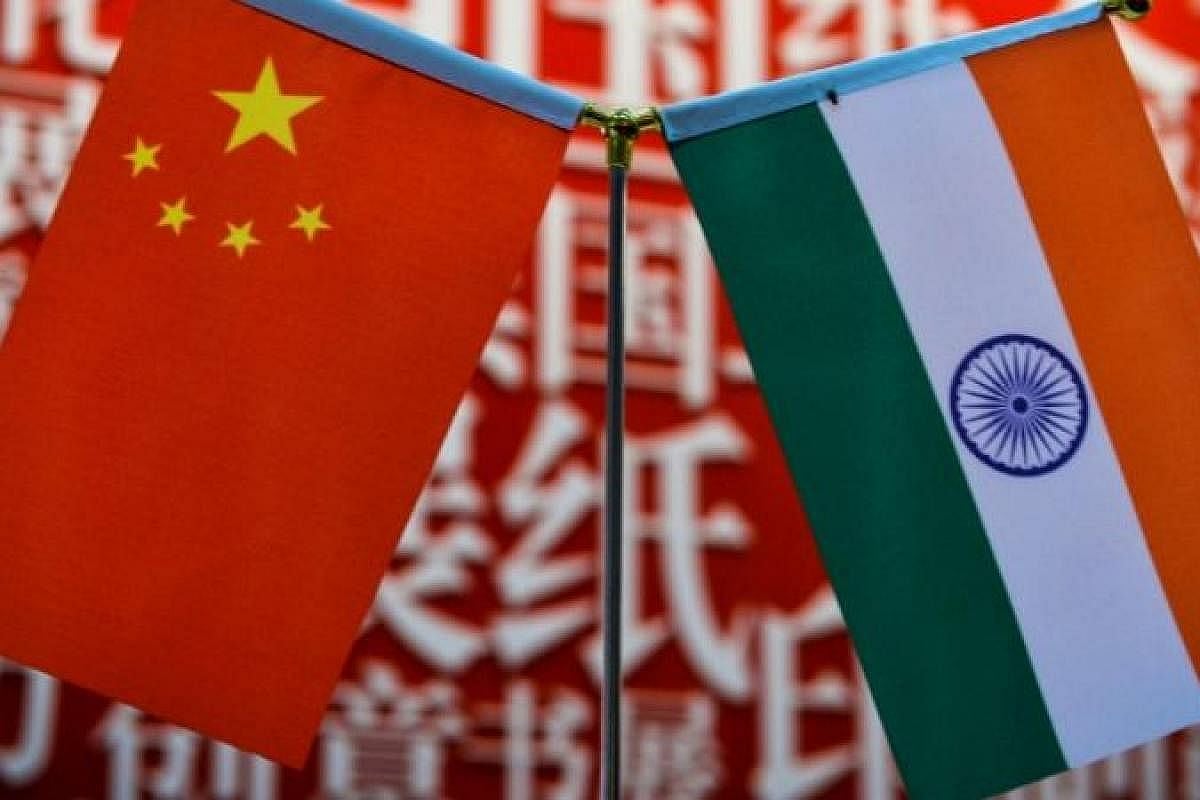
China Hopes Solution 'Acceptable' To Both Sides Can Be Found For Ladakh Standoff In March 11 Talks
Beijing, Mar 9 (PTI) China on Wednesday hoped that during this week's high-level military talks with India, the two neighbours can 'move forward', narrow their differences and work for a solution 'acceptable' to both sides on the remaining friction areas in eastern Ladakh.
Confirming the 15th round of high-level military talks on March 11, Chinese Foreign Ministry spokesman Zhao Lijian told a media briefing here that in the last round of talks in January, the 'two sides had a candid, in-depth exchange of views the relevant issues about the west section of the China-India boundary and issued a joint press release'.
'We hope this round of meeting, on the basis of previous meetings, can move forward, further enlarge consensus, narrow differences and work for a solution that is acceptable to both parties,' the spokesperson said in updated comments posted on the ministry's website.
The talks till now have resulted in the resolution of issues in the North and South banks of Pangong Tso, Galwan and Gogra Hot Spring areas.
There was, however, no fresh breakthrough in the 14th round of the dialogue that took place on January 12 this year.
The two sides will hold the next round at Chushul Moldo meeting point in Ladakh on Friday to end the 22-month standoff at the remaining friction areas, according to Indian officials.
Recent statements by both sides to find a mutually acceptable solution have been encouraging and positive in nature, they noted.
India has been talking with China about a quick disengagement on remaining friction points in eastern Ladakh such as Patrolling Point 15 (Hot Springs), Depsang Bulge and Demchok.
The eastern Ladakh border standoff between the Indian and Chinese militaries erupted on May 5, 2020, following a violent clash in the Pangong lake area. Both sides gradually enhanced their deployment by rushing in tens of thousands of soldiers as well as heavy weaponry.
Chinese Foreign Minister Wang Yi said on Monday that 'some setbacks' in China-India relations in recent years are not in the fundamental interests of both the countries even as he stated that differences over the vexed boundary issue and territory should not 'interfere with the bigger picture of bilateral cooperation'.
Wang, who is also China's Special Representative on the India-China boundary question along with National Security Advisor (NSA) Ajit Doval, expressed the hope that China and India will be 'partners for mutual success instead of adversaries of mutual attrition.'
Asked what steps China is taking to enhance the mutual trust and resolve the setbacks, the foreign ministry spokesman said in his media briefing that 'China and India boast broad common interests and huge potential for cooperation, and have historical missions of improving livelihood and accelerating development.'
'The two countries should be partners for mutual success instead of adversaries of mutual attrition,' Zhao said.
'We always believe that the China-India relations are mature and multi-dimensional. The border issue doesn't represent the whole of the China-India relations and should be put in an appropriate position in bilateral relations and under effective control,' he said.
'We hope India will work with China to continuously enhance mutual trust, strengthen practical cooperation, and ensure that the bilateral relations will move forward in the right track, bring more benefits to the two peoples and make greater contributions to the region and beyond,' he said.
To a question on improving people-to-people exchanges, Zhao said 'as for the people-to-people exchange between China and India, considering the coronavirus is still raging, on the basis of pandemic prevention and control, China and India can do more to promote people-to-people exchange and solidify ties between the two sides, either through video call and virtual diplomacy, or in a face-to-face manner when the pandemic situation permits.'
Asked to elaborate, he said that the foreign ministries and the departments in charge of people-to-people exchanges from both countries, including embassies and consulates and Indian journalists present here all have the responsibility to promote people-to-people and cultural exchanges.
'Whether online or offline, it’s a very meaningful and rewarding thing to do,' he said.
Currently, China has suspended flights and visa facilitation to Indians for over one-and-a-half years. Due to this, over 23,000 Indian medical students studying in Chinese universities are stuck in India and could not return to re-join their colleges.
(This story has been published from a wire agency feed without modifications to the text. Only the headline has been changed.)